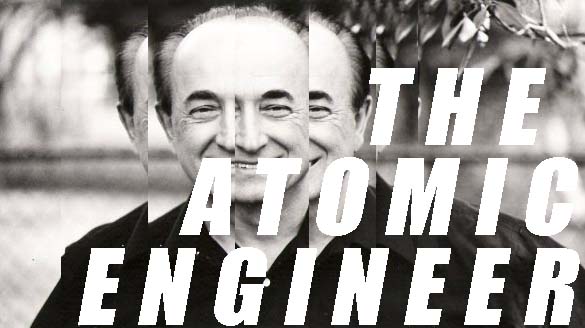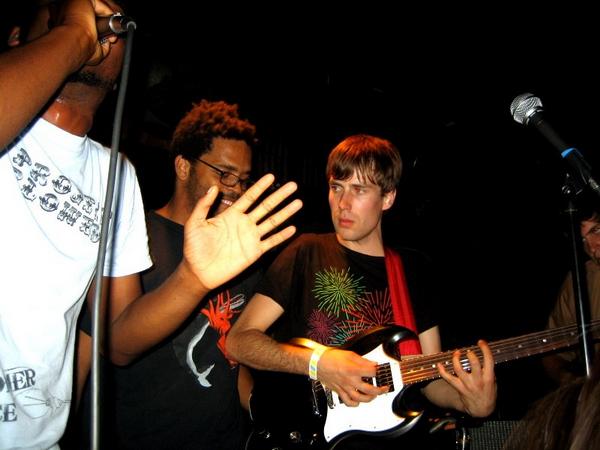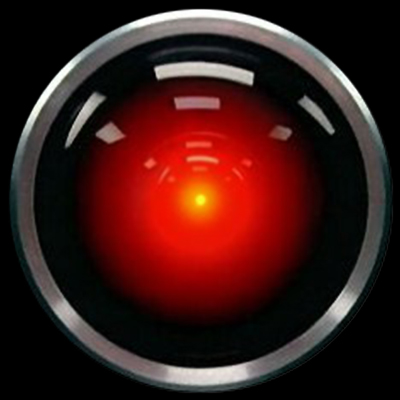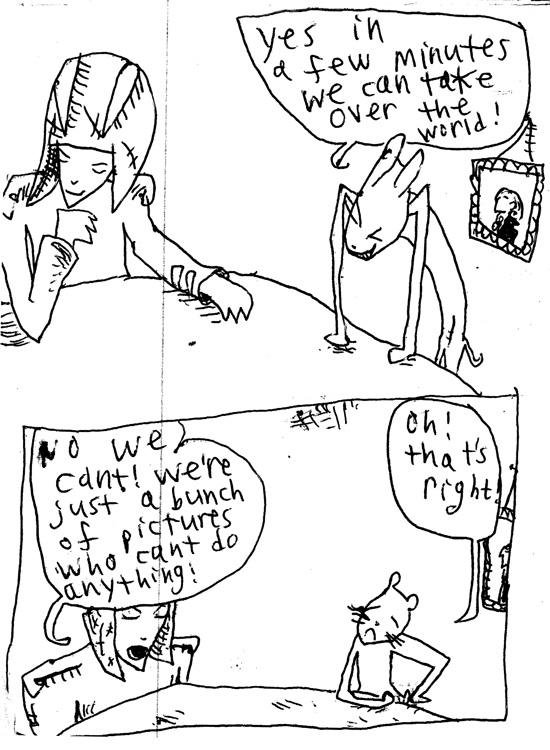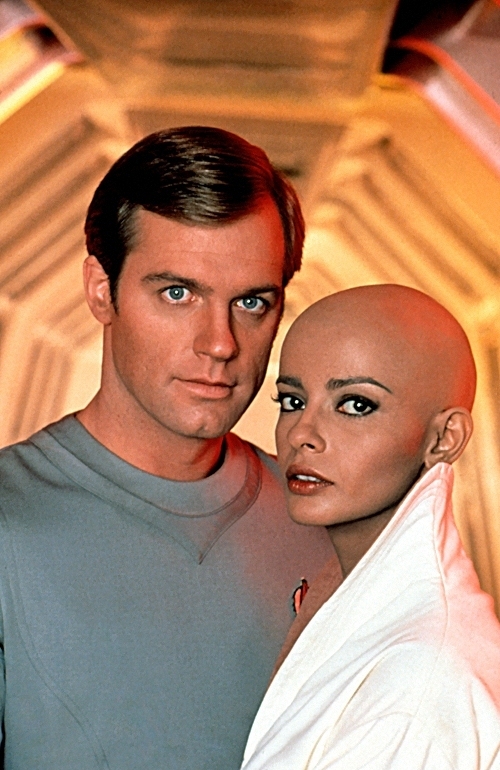A D Jameson
A D Jameson is the author of three books: the story collection Amazing Adult Fantasy (Mutable Sound, 2011), the novel Giant Slugs (Lawrence and Gibson, 2011), and the inspirational volume 99 Things to Do When You Have the Time (Compendium, 2013). His fiction's appeared in Conjunctions, Denver Quarterly, Unstuck, Lady Churchill’s Rosebud Wristlet, Birkensnake, PANK, and elsewhere. Since 2011, he's been a PhD student at the University of Illinois at Chicago. Besides HTMLGiant, he also contributes to Big Other and PressPlay. He's currently writing a book on geek cinema.


